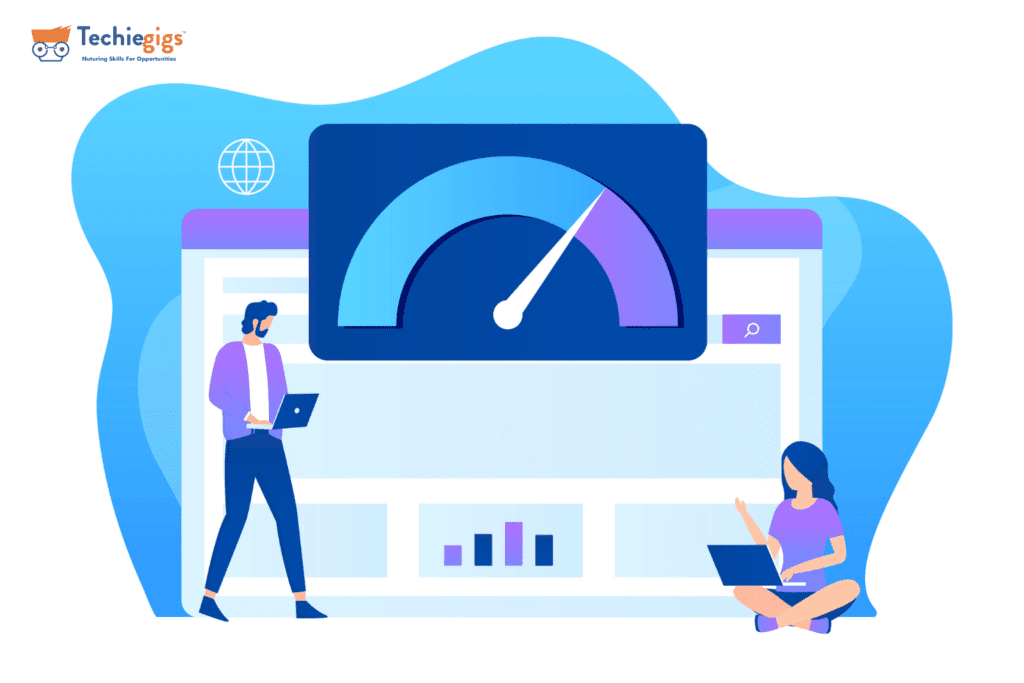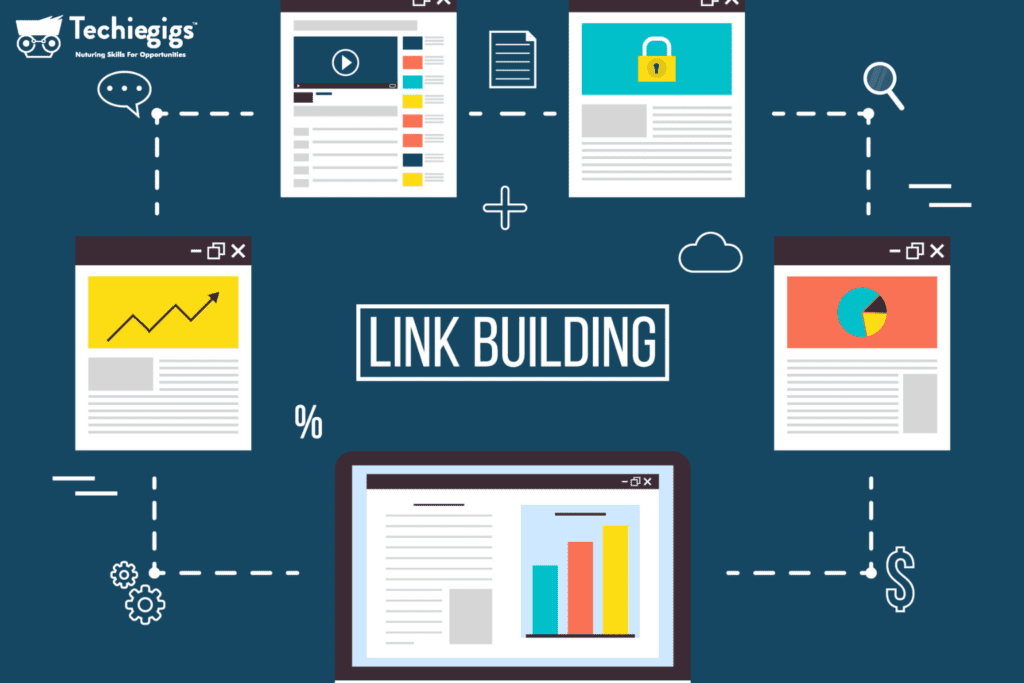How to Master Website Traffic and Ranking Factors Like a Pro
In layman’s language, Google rankings mean the ranking Google gives your website on the search engine results page. The higher your website is ranked on the search engine page, the more traffic you receive on your website. There are various factors that, if known and applied, can help up your Google rankings game and benefit you with website traffic.
Some factors should be addressed to rank your website on the first few pages of Google search results.
Table of Content
URL
When it comes to SEO and Google ranking factors, URLs play an essential role in determining the visibility and ranking of a web page on the search engine results page (SERP). URLs are the web addresses that identify and locate a particular web page.

When you optimize your URL to make it easy for people to search your website, you make it easy even for the bots that operate the search engine to crawl and index your website to make it readily available for those who search for relevant results. Here are some factors that you should not ignore for Google ranking and Website traffic.
- Keyword in URL – Including a relevant keyword in the URL of a webpage can help Google understand the content and topic of the page. This can have a positive impact on the ranking of the page.
- Short URL – A short URL is more accessible for users to remember and share. It also makes it easier for Google to understand the content of the page.
- Avoid using special characters – using special characters, such as “&” or “/” in the URL, can cause an issue with the crawling and indexing of the page by Google.
- HTTPS- Google considers HTTPS as a ranking factor, so it’s important to use HTTPS in the URL to ensure the website’s security and improve its ranking.
Speed of the Website
Everybody hates a slow-working website. We all want a website that loads quickly and gives results faster. On the other hand, if your website works effectively with good speed, then the dwelling time and the bounce rate increase, bringing your website to the top of Google rankings.

Site speed is an important factor that should be addressed. It refers to the time it takes for a website to load and display its content. Google has indicated that site speed is a factor in their algorithm for ranking search results, and a slow-loading website can negatively impact a website’s ranking on the search engine results page (SERP). Here are some of the site speed factors that you should not ignore for Google ranking:
- Page load time: This is the time it takes for a web page to load and display its content entirely. Google recommends that web pages should load in less than three seconds.
- Server response time: The time it takes for the webserver to respond to a request can affect the page load time. A fast server response time can help improve a website’s traffic and ranking on Google.
- Mobile-friendly site speed: With the increasing use of mobile devices to access the internet, it is important to ensure that a website’s speed is optimized for mobile users.
Regular Updates
Having a website that needs to be updated will make sure to lower the traffic on your website. People lose interest when the site is not updated, leading to decreased dwell time, so Google rankings go down for your website. So make sure you keep your website updated always.

Google’s ranking algorithm is complex and ever-evolving, with numerous factors determining where a website appears in search results. Keeping up with these factors can be challenging, but it’s essential to maintain or improve your website’s ranking over time.
Backlinks
Backlinks, or links pointing to your website from other sites, have been a critical factor in Google’s ranking algorithm for many years. However, not all backlinks are equal; some may harm your site’s search rankings.

Here are some factors related to backlinks that you should not ignore if you want to improve your site’s visibility on Google:
- Relevance: Links from websites that are topically relevant to your site’s content are generally considered more valuable than links from unrelated sites. For example, if you run a clothing blog, a link from a well-known fashion magazine carries more weight than a link from a random news site.
- Authority: Links from high-authority sites, such as well-known news outlets, tend to have more impact on search rankings than links from low-authority sites. You can use tools like Moz’s Domain Authority or Ahrefs’ Domain Rating to understand a site’s overall authority.
- Diversity: A diverse set of backlinks from various sources (such as blogs, forums, and bookmarking sites) is generally better than many links from a single source. This indicates to Google that your site is popular and well-regarded across various online communities.
- Naturalness: Google penalizes sites that use “black hat” SEO practices, such as buying backlinks or participating in link schemes. Instead, focus on building links naturally by creating high-quality content that other sites will naturally want to link to.
- Anchor text: The text used as the clickable part of a hyperlink (known as anchor text) can significantly impact search rankings. Anchor text relevant to your site’s content and using natural language (rather than keyword-stuffed or overly promotional language) is more valuable.
Usage of Keywords
Keywords are the words that aptly describe your site’s content or the words people would use to search your content.

Keywords are an essential part of search engine optimization (SEO). The more you research your keyword and are specific with it, the more traffic your site will receive, as people will easily get the content they are looking for, eventually leading to higher Google rankings. Here are some factors related to keywords that you should not ignore:
- Relevance: The keywords you use on your site should be relevant to your content and reflect what your site is about. Ensure your keywords are used naturally, organic way that fits within your site’s overall structure and theme.
- User Intent: Google’s algorithms increasingly focus on understanding the user’s intent behind a search query. This means that it’s important to choose keywords that align with what users are searching for and provide content that meets their needs. It’s not just about using the appropriate keywords but also providing the right content to answer the user’s question or solve their problem.
- Density: The density of your keywords on a page can impact how well that page ranks for those keywords. However, keyword stuffing, or using too many keywords unnaturally, can hurt your rankings. It’s important to use your keywords in a natural, organic way that fits within your content.
- Competition: Some keywords are highly competitive, meaning many other sites try to rank for them. Consider targeting long-tail keywords, which are longer and more specific phrases, as they can be easier to rank for and can bring in highly targeted traffic.
- User experience: Google rewards sites that provide a good user experience, which includes using keywords in a way that makes sense to the reader. Avoid using repetitive or irrelevant keywords and instead focus on creating high-quality, engaging content that provides value to your audience.
Quality of Your Content
The quality of your content matters a lot when it comes to website traffic. The content on your website should be original, correct, and relevant. If the quality is good, Google considering the website traffic will eventually rank your site higher on the search page.

Content quality is a critical ranking factor that Google considers when ranking websites in its search results. Here are some factors related to content quality:
- Originality: Original content that provides value to the reader is more likely to rank well than content plagiarised from other sources or needs to be more quality. Make sure your content is unique, well-written, and provides a fresh perspective on the topic.
- Depth: Google favours long-form content that provides a comprehensive overview of a topic rather than shorter, surface-level content. Aim to create content that is in-depth and covers the topic thoroughly.
- Engagement: Engagement metrics, such as time on site, bounce rate, and social shares, indicate content quality by Creating content that engages your audience and encourages them to spend more time on your site.
- Multimedia: Adding multimedia elements, such as images, videos, and infographics, can help improve the quality of your content and make it more engaging to your audience. Multimedia can also break up long blocks of text and make your content easier to read.
Dwell Time
Dwell time is a ranking factor that measures how long a user spends on your website after clicking on a search result. Google uses dwell time as a signal to determine the quality of a website and its relevance to a user’s search query.

To increase the dwell time, the important thing is to keep the first page attractive and informative so that the user finds relevant content and keeps hooked rather than forcing him to search for another page. Here are some factors related to dwell time that you should not ignore:
- Content quality: Creating high-quality content that is engaging and informative can help increase dwell time. Make sure your content is easy to read, visually appealing, and provides value to your audience.
- Page speed: A slow-loading website can lead to a poor user experience and prevent visitors from leaving your site quickly, negatively impacting your dwell time. Ensure your site is optimized for speed by compressing images and minifying code.
- Navigation: A well-designed site with straightforward navigation can help users find the information they’re looking for quickly, which can increase dwell time. Make sure your site’s navigation is intuitive and easy to use.
- Internal linking: Linking to relevant content within your site can encourage visitors to stay on your site longer by providing additional information on related topics. Ensure your internal links are relevant and add value to the user experience.
- Mobile-friendliness: With increasing numbers of users accessing the internet on mobile devices, having a mobile-friendly website is more important than ever. Ensure your site is optimized for mobile devices and provides a seamless user experience.
Conclusion
By following these guidelines, you can increase your website’s visibility, amplifying website traffic organically. This drives improved engagement, conversions, and SERP rankings. Remember to prioritize high-quality content, user experience, mobile responsiveness, website speed, and search engine optimization (SEO) techniques to ensure your website can rank well on Google’s search engine results page (SERP).








